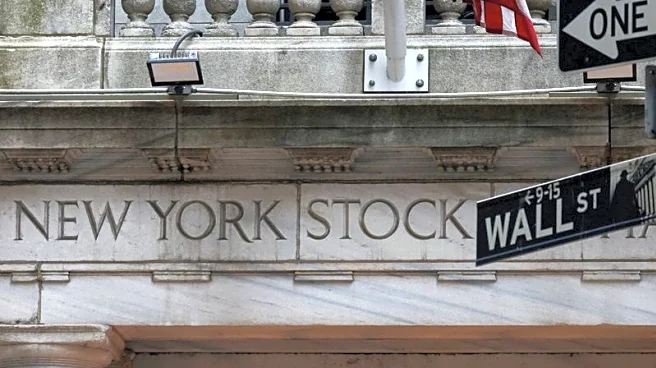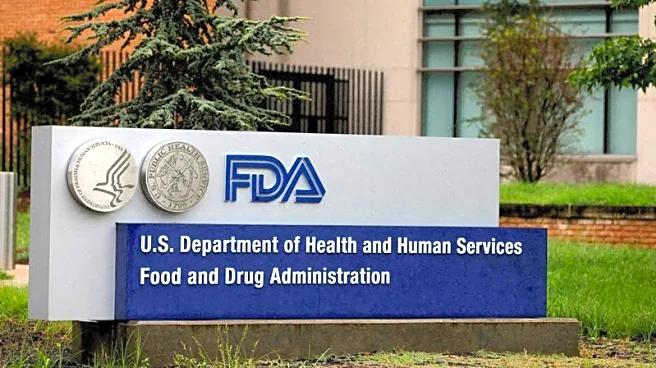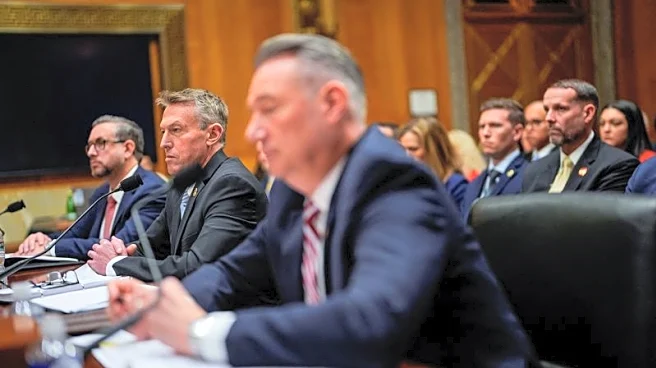By Niket Nishant and Manya Saini
(Reuters) -Investors are overlooking mounting risks to the current market stability and the limits of the artificial intelligence boom, particularly in the United States,
Bridgewater Associates' co-chief investment officers said in a note to clients on Monday.
While major technology firms have poured billions into AI and its supporting infrastructure, it is still unclear whether those investments will generate the cash flows needed to sustain lofty expectations, they said.
The comments underscore growing unease over a potential market bubble, as the benchmark S&P 500 continues its meteoric rise, repeatedly setting record highs and reviving memories of the dot-com era.
"U.S. equities are priced as though the favorable conditions that lifted all companies, not just tech, will persist," the investment firm's co-CIOs Bob Prince, Greg Jensen and Karen Karniol-Tambour said.
"The growth expectations discounted today are about as optimistic as they've been in nearly 100 years, with the brief exception of the dot-com bubble," they said.
Markets, however, have largely shrugged off worries about inflation, high interest rates, policy uncertainty from shifting trade dynamics and the second-longest federal government shutdown.
The S&P 500 has climbed roughly 16% year-to-date, and is now entering a seasonally strong stretch for equities.
"Despite the many potential sources of volatility in the world today, market measures of risk remain unfazed," Bridgewater co-CIOs said, adding that the current environment carries "an uncomfortably high probability of unknowable and extreme outcomes".
Bridgewater, founded by billionaire investor Ray Dalio, is widely considered to be one of the world's most successful hedge funds.
"AI infrastructure, including chips, buildings, routers and other networking gear, will become obsolete as the technology advances rapidly," said David Spreng, CEO at venture debt firm Runway Growth Capital.
"I just don't think that AI infrastructure is a good bet from a venture debt perspective right now. The risks are not symmetrical."
(Reporting by Niket Nishant and Manya Saini in Bengaluru; Editing by Shilpi Majumdar)










